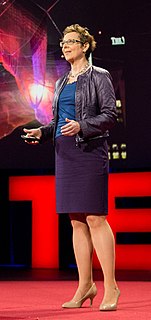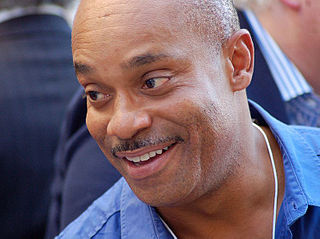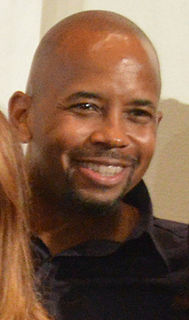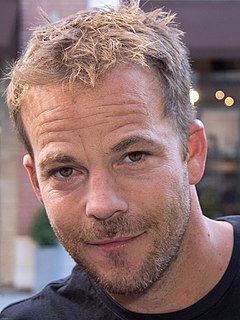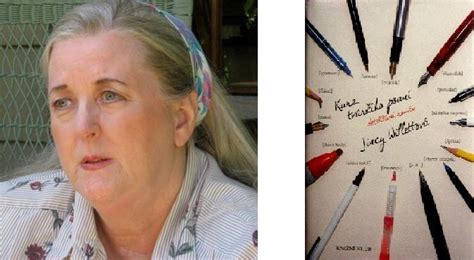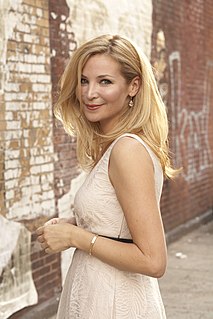A Quote by Diane Johnson
In what we think of as bad dialogue, the characters talk directly to each other.
Related Quotes
To solve a marriage problem, you have to talk with each other about it, choosing wisely the time and place. But when accusations and lengthy speeches of defense fill the dialogue, the partners are not talking to each other but past each other. Take care to listen more than you speak. If you still can't agree on a solution, consider asking a third party, without a vested interest, to mediate.
G.K. Chesterton, who was part of a Catholic conservatism that was kind and loving, not reactionary or hateful, said "We're all in the same boat in a stormy sea and we owe each other a terrible loyalty." I think that's profoundly true, yet it's difficult to have civil dialogue right now with other Christians, so how can we possibly talk to "all the nations"?
Dialogue is generally the worst choice for exposition. When you're writing lines you need to focus on the way people actually talk. And when we talk to each other we never actually explain our terms. We don't say 'Sweetheart, would you pass me the sugar bowl, which we picked up for a song at that antique stall in Munich.'









